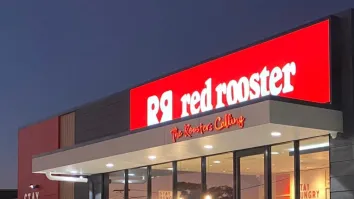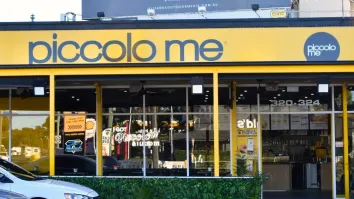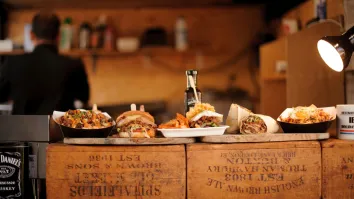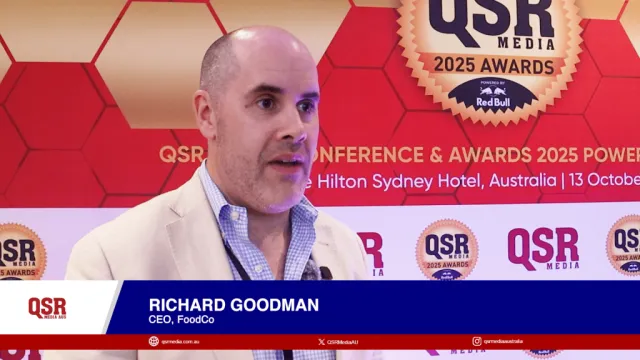
A food safety scare – how to respond
By Corinne Attard
The salad and sandwich chain, Soul Origin has been the subject of publicity linking one of its outlets with canned tuna which has allegedly caused some customers to fall ill from suspected scombroid poisoning. At this early stage it is not clear if the imported tuna supplied to Soul Origin was contaminated, presumably scientific testing will establish the cause.
However this is not the first and will not be the last QSR business to be faced with the need to consider the legal and reputational consequences of a food safety scare and the proper response.
How should a QSR respond to something like this?
Despite the best practices and training of staff any food business can be subject to such an event, particularly if the problem is one that has arisen in the supply chain. All QSRs should have in place a plan of how to respond to such a crisis both legally and commercially before it happens.
Obviously the first step in every food safety matter is to take immediate preventative action to stop any further contamination once you become aware of it (even if you are not sure of the validity of the complaint). Depending on the nature of the issue this can involve immediate withdrawal of the product from sale and/or sanitization of the food preparation, storage and retail areas.
Legal response
If you suspect it is an issue with an ingredient from a supplier, as appears it may be the case with the tuna, you should track and isolate all stock of that product across all outlets and notify your supplier. It may be that a formal food recall is required under Food Standards Australia New Zealand (FSANZ) procedures.
A food recall may be initiated as a result of a report or complaint or may occur as a result of your own or your supplier’s internal testing and/or auditing.
Recalls are conducted in consultation between FSANZ, state and territory authorities and the product's supplier or manufacturer. It is important that someone in your business is familiar with what is needed, for example, if you manufacture, import or supply food products at a wholesale level you must have a food recall plan in place.
If the issue is one related to the QSR’s own food handling practices or premises then it may be subject to investigation and possible prosecution by the relevant state or territory health authority. This may result in not only a fine and an order to rectify but also listing on a public “name and shame list”. It is important then for food businesses to understand their legal requirements for food handling, food safety training for staff and licensing to limit risk of prosecution in the first place.
Commercial response
The other aspect of your response is therefore the one you take to protect your reputation and to limit any damage to the goodwill of your brand. An appropriate media release, social media notification and strategies to reassure your customers that you have taken the necessary action to remedy the issue are needed. If it’s a significant issue you should consider engaging an external consultant or PR agency experienced in managing this type of response.
If the issue was due to a franchisee breaching required procedures then you should take legal advice on your response. In serious cases you may have grounds to immediately terminate the franchise. In taking a strong stance against these issues you are sending a strong message to customers, your other franchisees and the relevant authority that you do not tolerate such conduct and thereby limiting the damage to the brand as a whole.
Similarly you may need to review staff training and management if the issue results from employee conduct or misconduct.
Finally you should notify your insurer as you may be subject to potential claims from customers who fall ill.
How can a QSR avoid getting into trouble?
Assuming a business complies to appropriate food safety procedures (and enforces them) is there anything else a QSR can do to protect itself?
To borrow a useful term from the emergency response field consider the “PPRR” steps of risk management - Prevention, Preparedness, Response and Recovery.
You can do everything to prevent, limit and manage risk but you cannot avoid it completely, which is why you need to plan so that your business is prepared when an event occurs.
For example, you can shift a large part of the financial risk to someone else such as through adequate public liability and product liability insurance.
Additionally food businesses should ensure that their supply contracts are properly worded to require that their suppliers also have insurance as well as being compliant with all food safety procedures and regulations themselves. You can also require regular safety testing and that random audits of supplier products be conducted.
Even with random scientific testing of supplied product received and stringent quality assurance processes, including enforcement of food safety as a priority across the supply chain, every retail business should (while taking every step to avoid it) prepare themselves for a crisis event such as this.
A crisis management plan and appropriate prior training as well as good advice are the best measures to ensure that if faced with such an issue your business is ready and able to respond effectively and can recover with minimal damage.
Corinne Attard | Partner
Holman Webb Lawyers | Sydney
Corinne is named in the 2014 edition of the International Who’s Who of Business Lawyers as one of Australia’s top franchise lawyers. Her approach is outcome oriented and combines practical commercial advice with legal solutions. She acts primarily for retailers, franchisors, master franchisees and multi-unit franchisees.

























